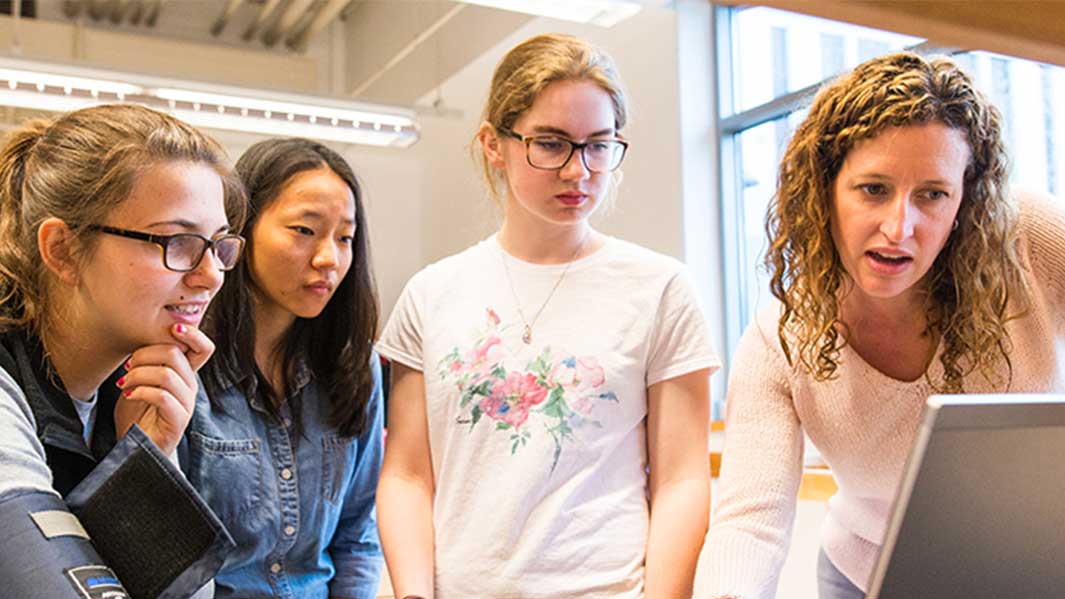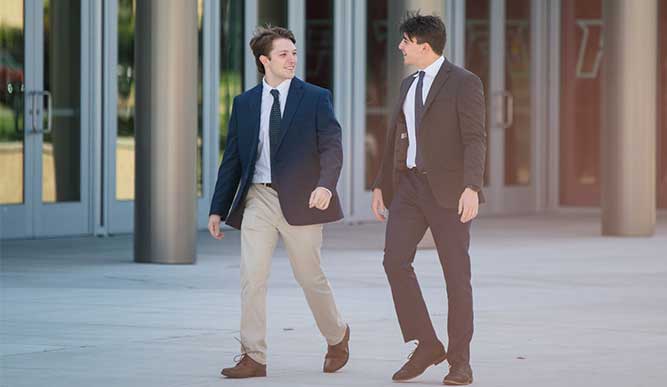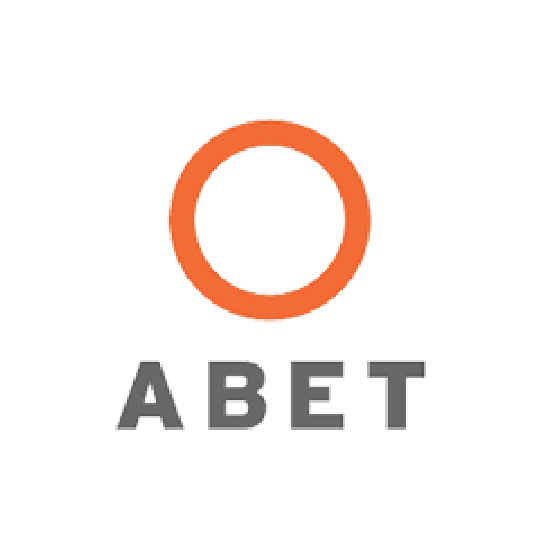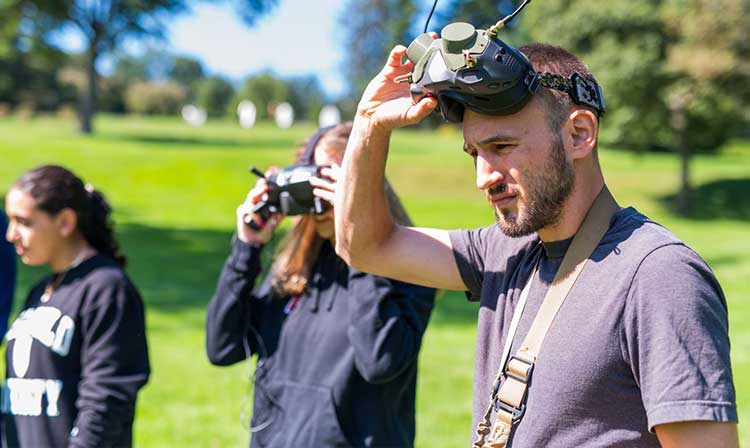Biomedical Engineering
Degree
Bachelor of Science, Major
School/College
School of Engineering and Computing
Biomedical engineering majors are taught how to make measurements on, and interpret data from, living systems. They also learn how to address problems associated with the interaction between living and non-living materials and systems.
Find Out More
Course Requirements
Biomedical Engineering Major
127 credits
Contact Us
Undergraduate Admission
admis@fairfield.edu
(203) 254-4100
Accelerated Masters
Fairfield University School of Engineering and Computing offers a five-year accelerated bachelor’s/master’s in Biomedical Engineering for undergraduates enrolled in the program. This dual degree program reduces the time to obtain a master’s degree by at least a year and provides experiential learning through research and design projects giving graduates the credentials needed to prepare for a broad range of careers. Upon completing the program, graduates gain the knowledge, confidence, and skills needed to solve the next generation of complex healthcare problems.
Learn More about Eligibility & Requirements
Career Outlook
Career Outcomes
- NASA
- Nasdaq
- Lockneed Martin
- General Electric
- Abbott
Job Fields
- Medical Technology
- Research Engineering
- Bioprocess Engineering
- Project Management
- Systems Engineering
“It’s really important for bioengineering students to have experience trying out new ideas, testing them, getting feedback, and thinking outside of the box to try something different, plus it's super fun to work on projects like these.”
- Maeve O'Connell '25




